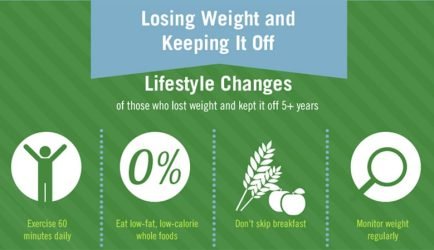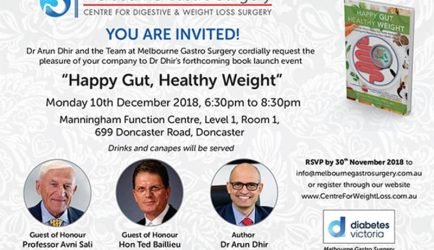Is it Time to Rethink This Tradition?
Do you believe that New year’s resolutions are for kids and wishful thinkers? So what are the odds that you’re going to break your new year’s resolution?
According to the Statista Global Consumer Survey, here were the eight most popular New Year’s resolutions :
- To exercise more (52%)
- To eat healthier (50%)
- To lose weight (40%)
- To save more money (39%)
- To spend more time with family/friends (37%)
- To spend less time on social media (20%)
- To reduce stress on the job (19%)
- To reduce spending on living expenses (19%)
The reality is , it’s not uncommon for New Year’s resolutions to end up unfulfilled, often in just a few months or even weeks. However, some broken resolutions can have unintended consequences, especially if it’s not your first attempt. It’s not surprising to see “quit drinking” as the most failed New Year’s resolution. Most adults drink alcohol. Drinking is seen as a social norm, a way to increase fun and deal with stress.

The same goes for “Losing Weight”
If you keep setting the same new year resolution of losing weight – eating less and exercising more year after year and you keep failing it – then it’s time to change your approach.
Studies show that roughly 80% of weight loss goals fail and a staggering 91% of New Year’s resolutions fail by the second week of February.

“Failing your New Year resolutions hurts your self esteem”
You have heard me say many a time
“The real challenge is not weight loss.It is Weight Maintenence”
This is where a “Framework of Sustainable Weight loss” is more important than just counting calories.
I am hosting my monthly Webinar “Success Beyond Scales : Let 2025 be the year of bold evolution …NOT broken Resolutions”
































